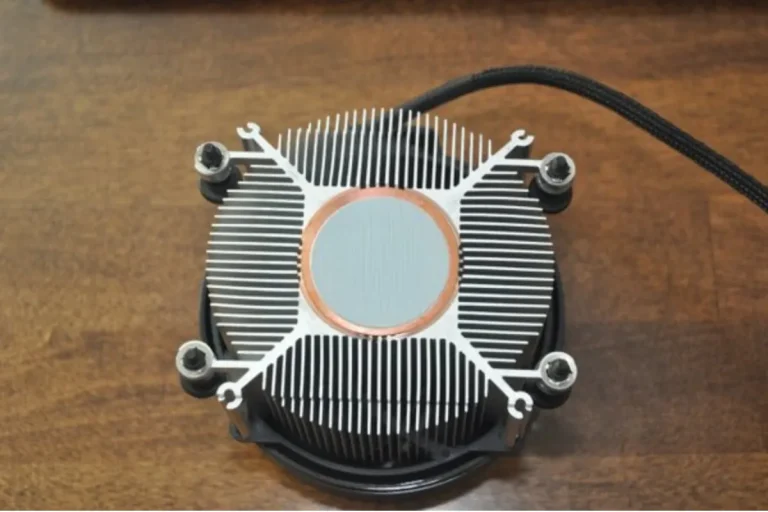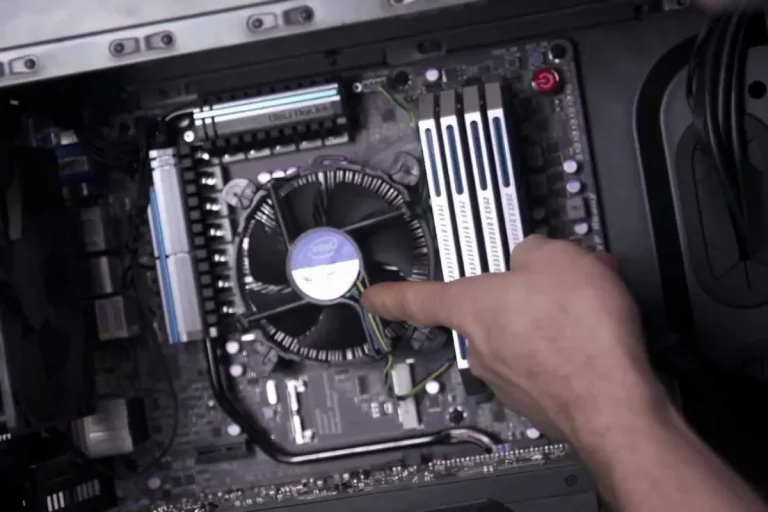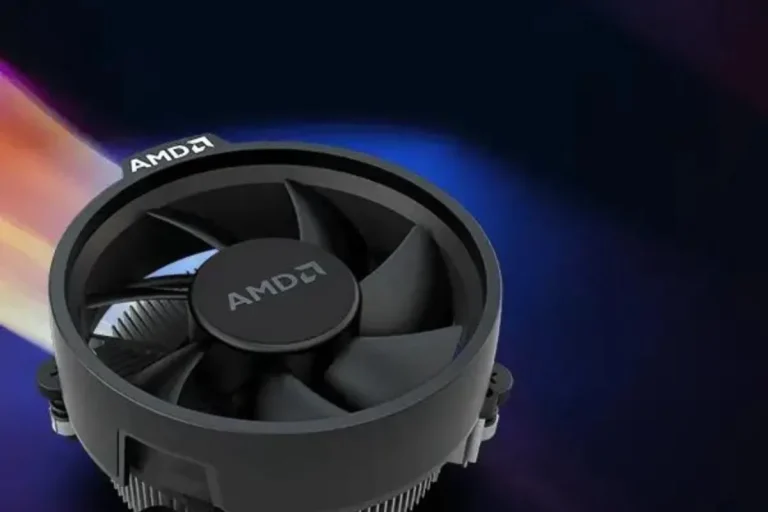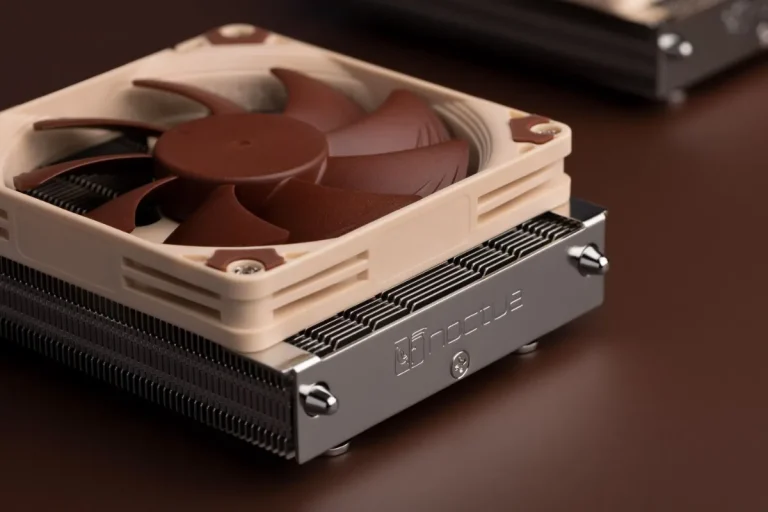Do I need a CPU cooler if I have case fans?
Do you ever wonder if having case fans is enough to keep your CPU cool? Well, in this blog post, we’ll dive into the world of CPU cooling and answer the burning question: Do I need a CPU cooler if I have case fans? the role of case fans, and uncover the truth behind this cooling conundrum. Sit back, relax, and get ready to demystify the world of CPU cooling
Role of Case Fans in Cooling
When it comes to keeping your computer cool, case fans play a crucial role. These small yet powerful components work tirelessly to improve airflow within your computer case, ensuring that heat is efficiently dissipated.
Case fans and their function
Case fans are the unsung heroes of your computer’s cooling system. They are designed to circulate air within the computer case, helping to dissipate heat generated by the components, especially the CPU and graphics card.
By expelling hot air and drawing in cooler air, case fans prevent your system from overheating and potentially damaging the internal components.
Airflow within the computer case
Case fans are strategically placed in the computer case to create a steady flow of air. They typically come in two types: intake fans and exhaust fans. Intake fans draw in cool air from outside the case, while exhaust fans expel hot air from within the case.
This creates a continuous airflow that keeps the components at an optimal temperature.
Discussion on the impact of case fans
The presence of case fans can significantly impact the overall temperature of your system. By improving airflow, case fans help to disperse heat more effectively, preventing hotspots and maintaining a balanced temperature throughout the case.
This not only keeps your components operating within safe limits but also contributes to better system performance and longevity.
CPU Cooler vs Case Fans
When it comes to keeping your CPU cool, there are two key players: CPU coolers and case fans. While both are essential for maintaining optimal temperatures, they serve different purposes.
In this section, we’ll explore the differences between CPU coolers and case fans, the importance of CPU coolers indirectly cooling the CPU, and how case fans complement CPU coolers.
Differentiating between CPU coolers
CPU coolers and case fans may seem similar, but they have distinct roles in the cooling process. CPU coolers are specifically designed to cool the CPU itself, which is one of the hottest components in your computer. They directly contact the CPU, utilizing various cooling mechanisms like heat pipes and fans to dissipate heat efficiently. On the other hand, case fans focus on improving overall airflow within the computer case.
CPU coolers indirectly cool the CPU
CPU coolers play a critical role in keeping the CPU temperature in check. As the CPU performs intensive tasks, it generates a significant amount of heat. Without a proper CPU cooler, the CPU can quickly overheat, leading to performance issues, system instability, and even permanent damage.
A dedicated CPU cooler ensures that the heat generated by the CPU is efficiently transferred away, allowing the CPU to operate within safe temperature limits.
Case fans complement CPU coolers
While CPU coolers directly cool the CPU, case fans complement their efforts by improving overall airflow within the computer case. Case fans help in expelling hot air generated by various components, including the CPU, and drawing in cooler air from outside.
This constant airflow prevents heat buildup, assists in dissipating heat from other components, and ultimately supports the performance of the CPU cooler.
Factors to Consider
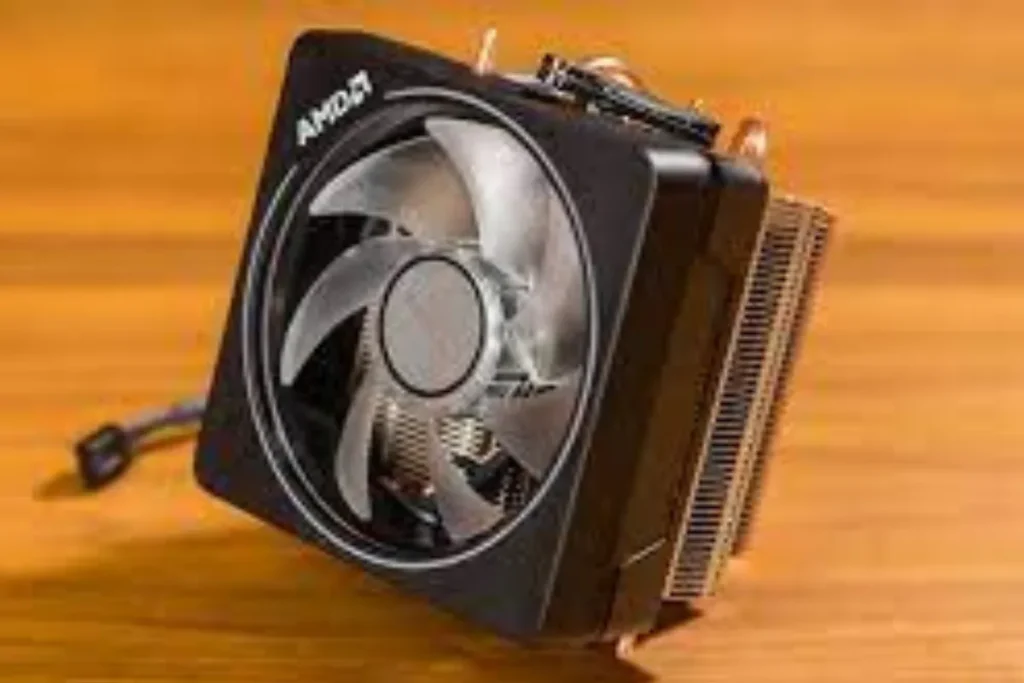
When it comes to choosing the right cooling solution for your CPU, there are several factors to consider. Understanding these factors will help you make an informed decision and ensure optimal cooling performance.
In this section, we’ll discuss the importance of determining cooling needs based on CPU usage and workload, evaluating the thermal requirements of the CPU and case, and considering overclocking and gaming requirements.
Cooling needs based on CPU usage
The cooling needs of your CPU largely depend on how you use your computer and the intensity of your workload. If you primarily use your computer for basic tasks like web browsing and office work, a standard cooling solution may suffice.
However, if you’re into resource-intensive tasks like video editing, 3D rendering, or gaming, you’ll need a more robust cooling solution to handle the increased heat generated by the CPU.
requirements of the CPU and case
Each CPU has its own thermal specifications, which indicate the maximum temperature it can safely operate. It’s crucial to evaluate these specifications and choose a cooling solution that can effectively keep the CPU temperature within the recommended limits.
Additionally, consider the thermal characteristics of your computer case, as it can impact overall airflow and cooling efficiency.
Considering overclocking and gaming
If you’re into overclocking or gaming, you’ll need to pay extra attention to cooling. Overclocking increases the CPU’s clock speed, resulting in higher heat output. This requires a more powerful cooling solution to prevent overheating and maintain stability.
Similarly, gaming can put a significant load on the CPU, generating more heat. In such cases, investing in a high-performance cooling solution, such as liquid cooling or advanced air cooling, is advisable.
Frequently Asked Questions
1. Can I rely solely on case fans to cool my CPU?
While case fans play a crucial role in maintaining overall system airflow, relying solely on them to cool your CPU may not be sufficient. CPU coolers are specifically designed to directly cool the CPU and are more effective in dissipating heat efficiently.
2. What are the risks of CPU overheating?
CPU overheating can lead to various issues, including performance degradation, system instability, and even permanent damage to the CPU. It is essential to ensure proper cooling to prevent these risks.
3. How can I balance the usage of a CPU cooler and case fans?
To achieve a balance, ensure that you have a capable CPU cooler that can handle the heat generated by your CPU. In addition, optimize the airflow within your case by strategically positioning case fans to draw in cool air and expel hot air efficiently.
4. Can I use a CPU cooler without case fans?
While it is possible to use a CPU cooler without case fans, it is generally recommended to have both for optimal cooling performance. Case fans complement the CPU cooler by improving overall airflow and preventing heat buildup within the case.
5. How can I troubleshoot overheating issues with my CPU?
If you are experiencing overheating issues with your CPU, consider the following troubleshooting steps: ensure that the CPU cooler is properly installed and making good contact with the CPU.
Conclusion
In conclusion, while case fans are important for overall system airflow, having a dedicated CPU cooler is crucial for effectively cooling your CPU. The CPU cooler is specifically designed to handle the heat generated by the CPU, ensuring optimal performance, and longevity, and preventing potential damage.

